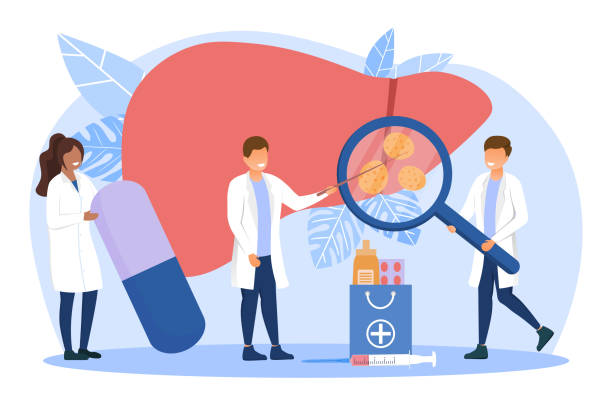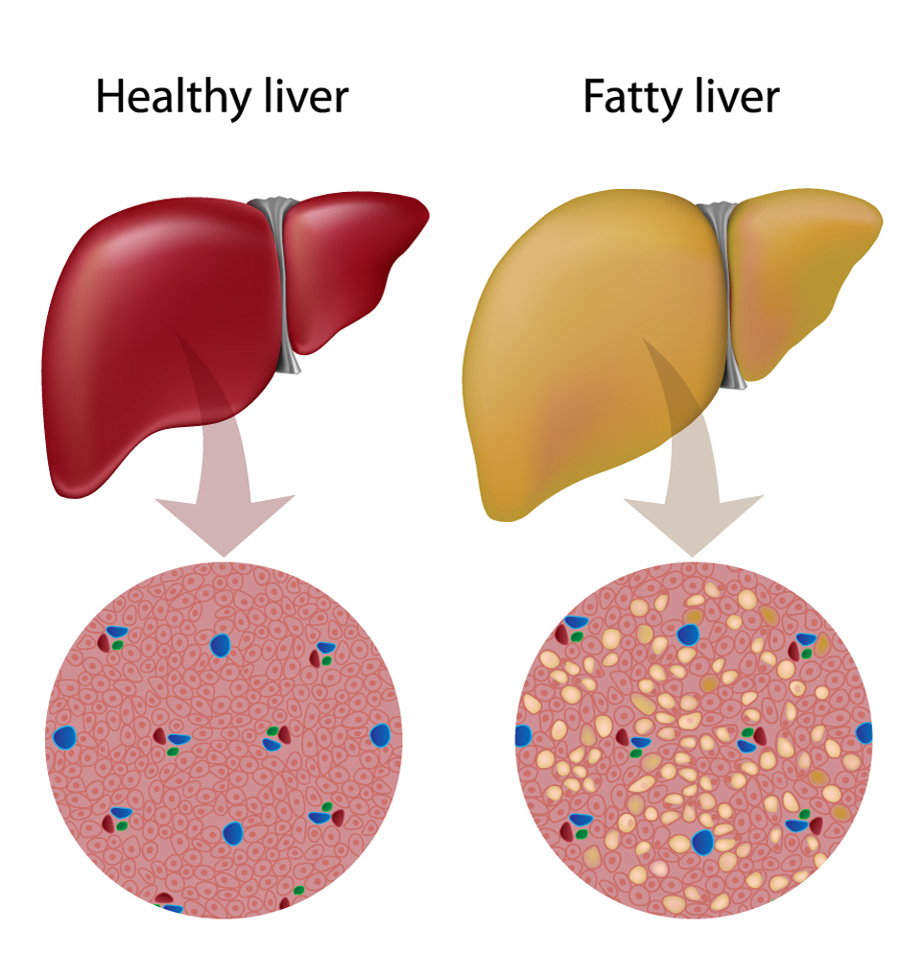Yes, there is a connection between pancreatitis and diabetes, particularly in cases of chronic pancreatitis. The pancreas plays a crucial role in blood sugar regulation through the production of insulin, a hormone that helps control blood glucose levels. When the pancreas is damaged, as is the case in chronic pancreatitis, it can lead to problems with insulin production, which can result in diabetes.
Here’s how the connection works:
1-Insulin Production: The pancreas contains clusters of cells called islets of Langerhans, which include beta cells that produce insulin. In chronic pancreatitis, ongoing inflammation and damage to the pancreas can gradually reduce the number and function of these beta cells.
2-Insufficient Insulin: As the pancreas becomes less able to produce an adequate amount of insulin, blood sugar levels may become elevated. This can lead to impaired glucose tolerance, and eventually, diabetes if the pancreas can no longer produce sufficient insulin to regulate blood sugar.
3-Diabetes Risk: People with chronic pancreatitis are at an increased risk of developing diabetes, and the risk is higher for those who have a longer history of pancreatitis, more severe disease, or those with underlying genetic factors.
Managing diabetes in individuals with chronic pancreatitis may involve dietary modifications, insulin or other diabetes medications, and close monitoring of blood sugar levels. It’s essential for healthcare providers to monitor and manage the transition from impaired glucose tolerance to diabetes in individuals with chronic pancreatitis to maintain good blood sugar control and overall health.
For more information, consult Dr. Vedant Karvir the Best Gastroenterologist in Mumbai Practicing at Globus Gastroenterology Hospital.




